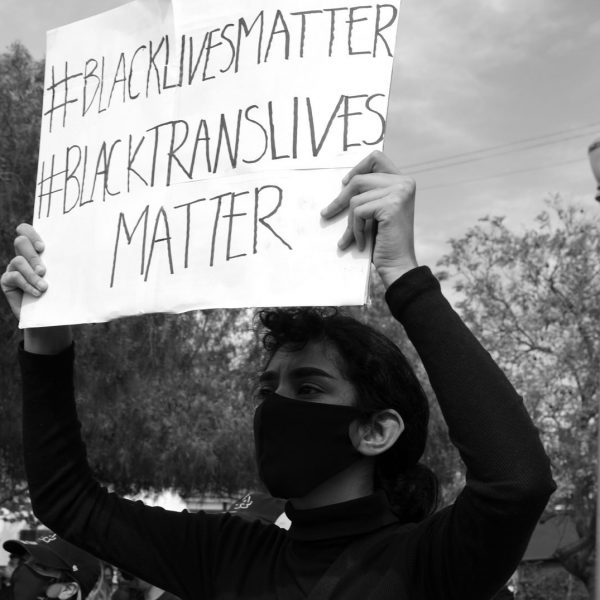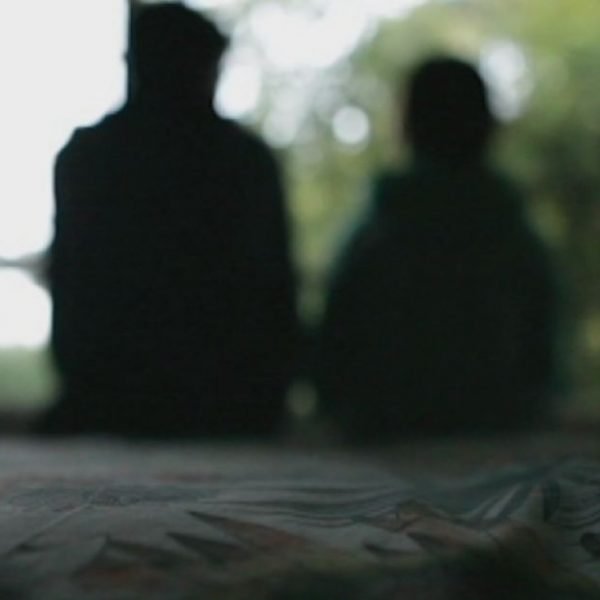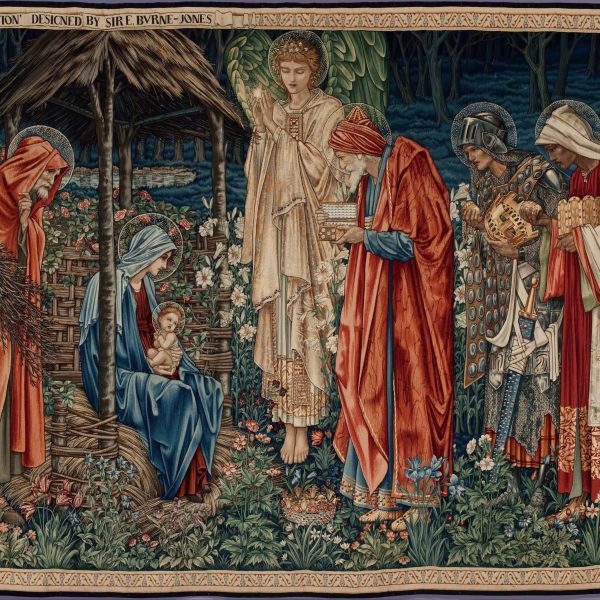
This biblical text—the “trial” and execution of Jesus—is a text that we who are Christians know so well we may be tempted to skim it. In the same way, we think we know and understand climate change—enough that we can skim the science.

Humans may very well not survive to the end of the century, but in faithfulness to the Creator, between fasting and serving the Garden, hope is alive. The liturgical season of Lent is such a time.

Our political theology is strengthened by trusting that the words of the Son of Man are a fleshly restatement of what is divinely just and good and holy and lovely. Because Christ has come and his presence is with us, God’s words are even more accessible to us.

In following Jesus, they would break the chains of doing things the way they were always done, and they would have a chance to form a new community. But they were to leave behind all the comfort and security.

Biblical stories about baptism are connected to, but also at odds with, historical theology about baptism as well as the current liturgical practices of baptism. Reading Matthew’s account of Jesus’ baptism together with contemporary theologies offers a glimpse of the radical solidarity of Jesus.
*This post originally appeared on the Politics of Scripture January 2, 2017.

Joseph knows that this situation with Mary is not about legalities, or honor or shame or what other people may think or say; it is about God bringing Christ to the world. All that matters is God’s call. Joseph honors Mary, and their marriage, this family, as the opportunity God has created to bring hope, salvation to all the world.





